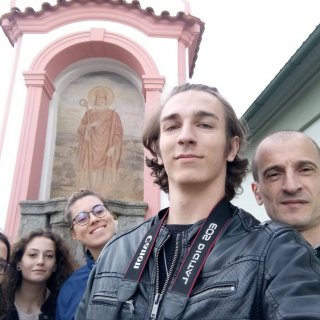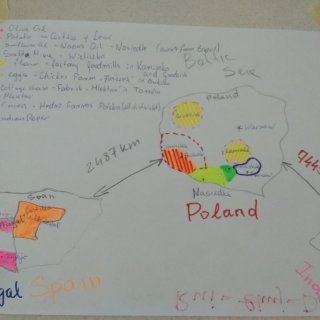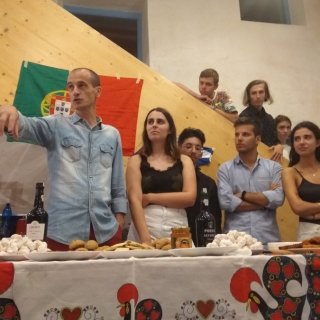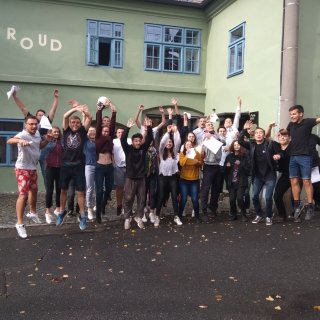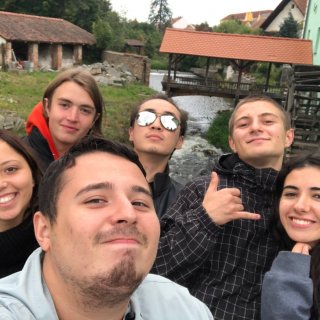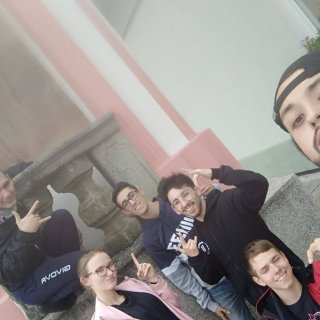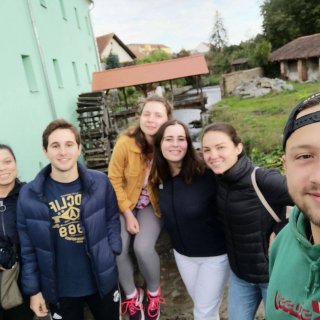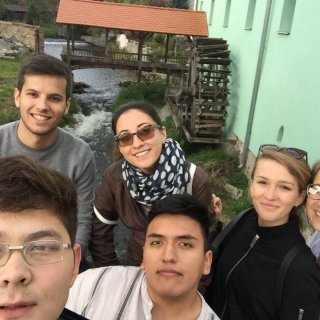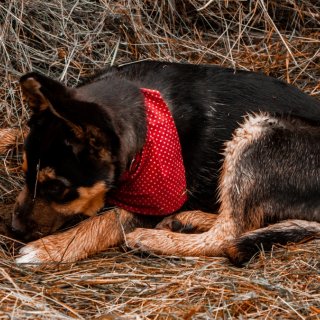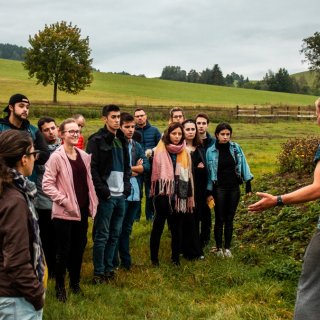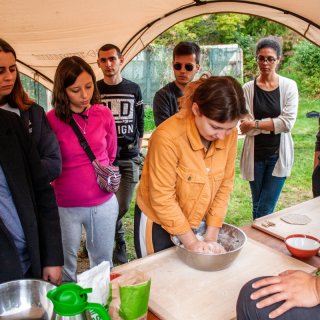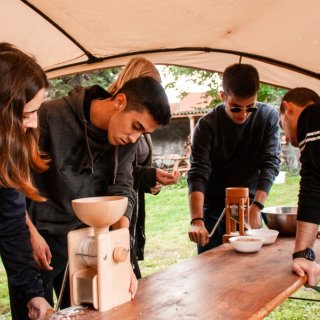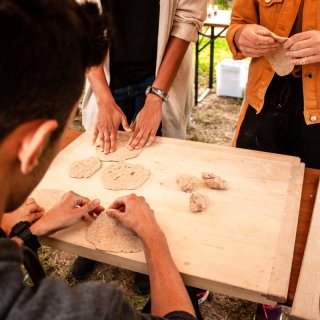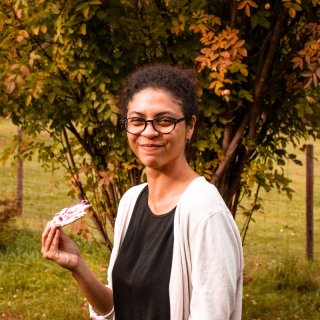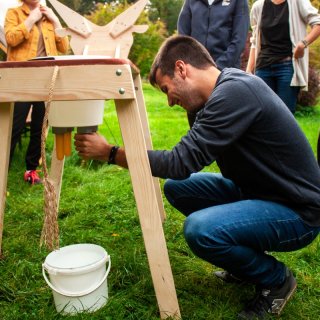Sprouts of culture 2.0_en
Sprouts of culture 2.0 Horažďovice 22.-28. September 2019
The aim of this project was to open up a borderless communication on a topic which is modern but has roots in the very past. Young people from different countries across Europe talked about food production and how food can be used as a tool for intercultural dialog.
The project brought attention to the obstacles that small local producers are facing in Horažďovice area and also at the regional level.
During the activity non-formal education methods were used, such as workshops, role plays, case studies, discussions, brainstorming and more. These methods have proved to be the most efficient to make young people enjoy workshops, open up to others, see the topics presented from different perspectives, develop their opinions and not judge others. The workshops focused on bringing a friendly atmosphere and actively involve participants in the whole youth exchange, making their learning process efficient and successful. The project was held in English, hence our teams consisted of youths with good speaking, writing, listening and reading skills.
Through this exchange we wanted to create an expanded free space for participants to share their experiences and have social contact and intercultural dialogue with each other. From the beginning they set up common rules which had to respect the best interests of the project and each other.


